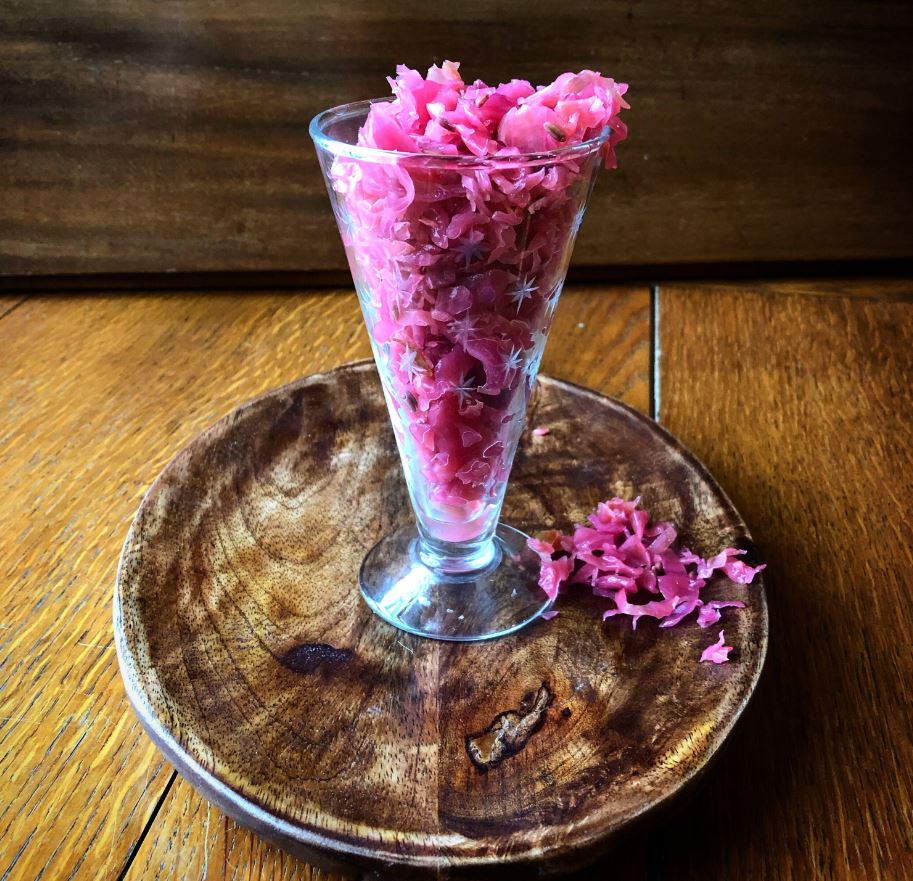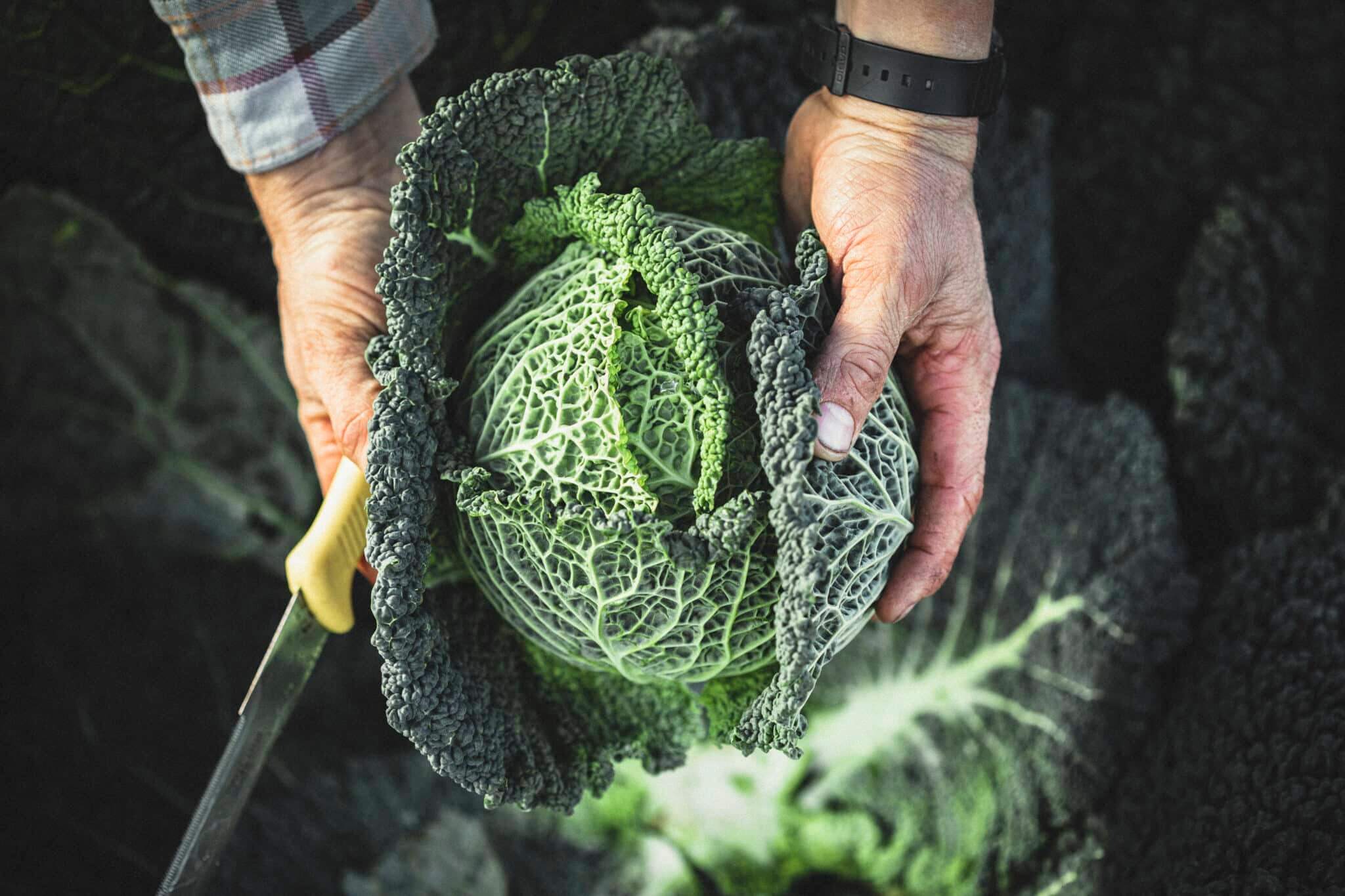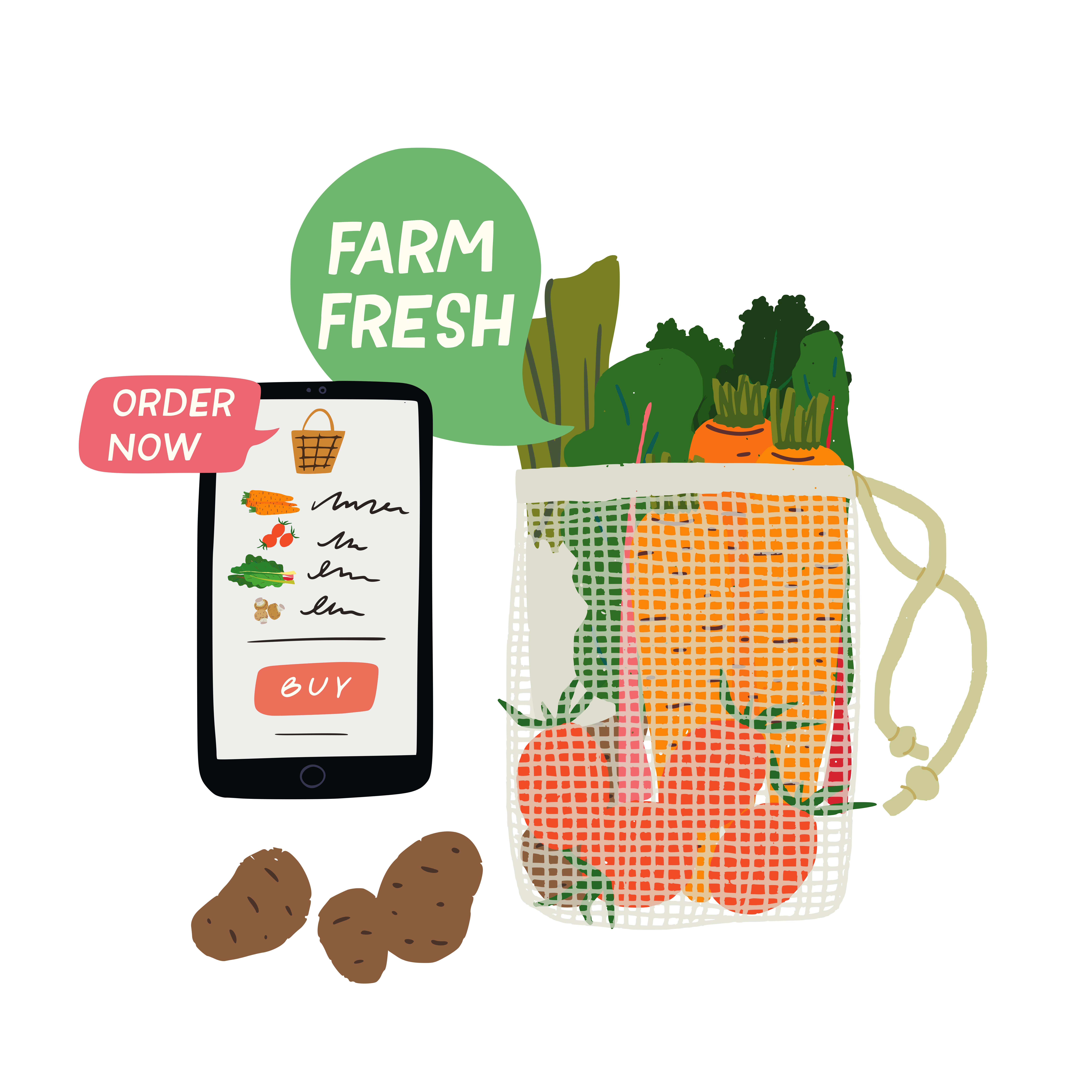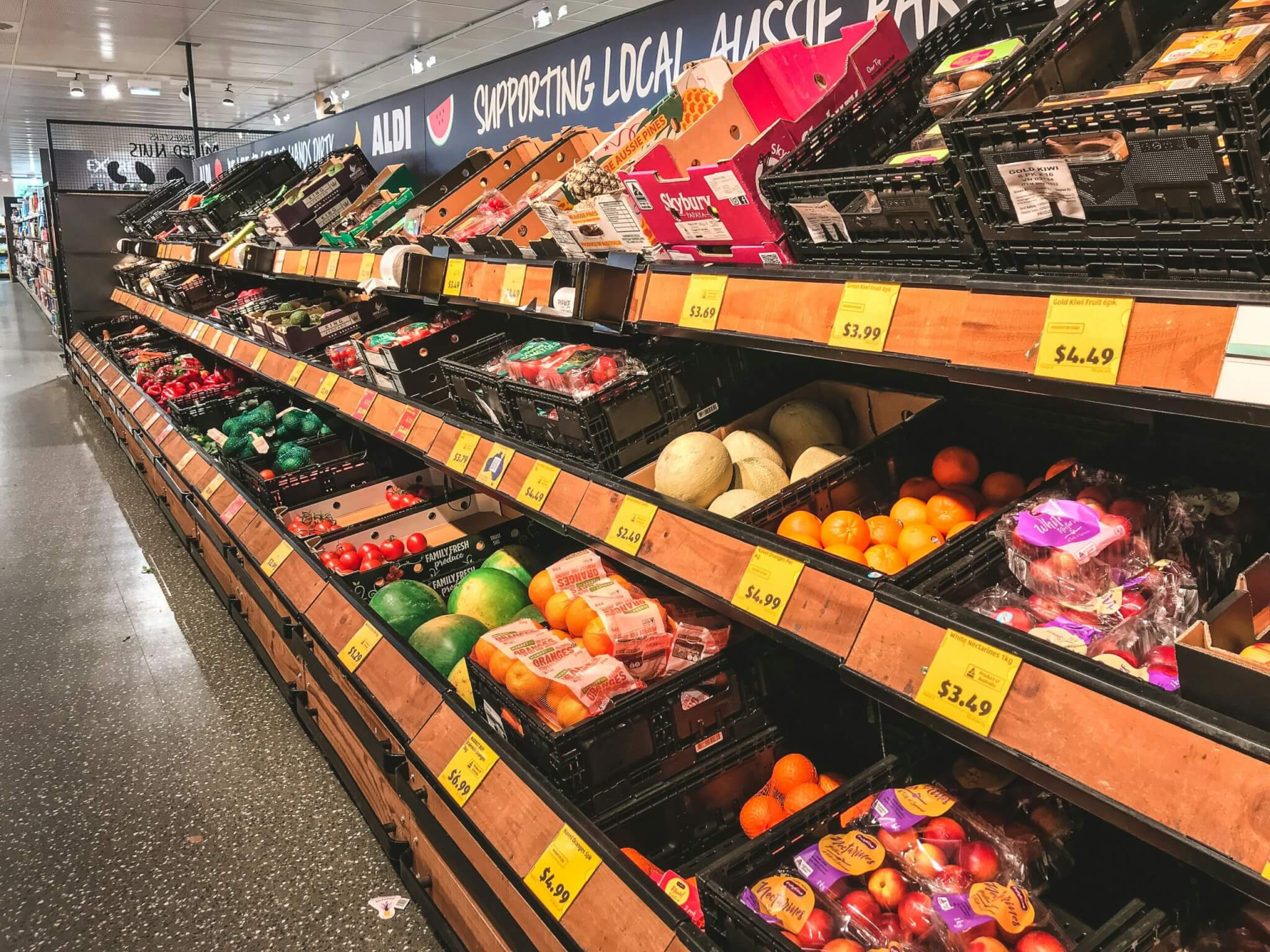In October 2018, two fermenting enthusiasts from Somerset, Katie Venner and Jo Webster, began a rather unusual world record attempt – to make the biggest amount of sauerkraut in one go, and promote the importance of gut health at the same time.
The so-called ‘Sauerkrautathon’ took place at Wells Food Festival, with veg supplied by organic veg box company Riverford, along with over 250 volunteer helpers and veg choppers on the day. On the eve of the Guiness World Record application, Wicked Leeks caught up with the pair to find out more…
Tell us about the Sauerkrautathon.
Sauerkrautathon took place in October last year and it was the first ever Guinness World Record attempt to make the largest dish of bacterially fermented sauerkraut.
It sounds a little crazy (it was) and totally unique (it is). It was a free community event as part of Wells Food Festival to raise awareness about the importance of gut health to all-round mental, physical and emotional health.
As well as raising awareness about gut health, Sauerkrautathon came from a desire to show people just how easy making genuine sauerkraut can be. It is not reserved for those that can afford to buy a £5 jar of the stuff. It is accessible to all. Also, fermenting is fun, creative and it uses up vegetables if you have a glut – either at the back of your fridge or in your veg garden.

How did you do it?
Once the sauerkraut had been made, we had to transport it in barrels to my house where it fermented for 10 days. The final weigh-in took place with our weights and measures specialist present and he confirmed that we had made 359.6 kg of delicious pink sauerkraut.
We then had to distribute all of the sauerkraut for consumption and having submitted all our evidence to Guinness, and we now have to wait until June to see if we have been successful.
What was it like competing in a world record attempt?
It was lots of fun but extremely hard work! Guinness’ requirements were very stringent, to say nothing of the food hygiene and health and safety requirements to which we had to adhere. But everyone entered into the spirit of the event and the buzz in the marquee for the entire day was amazing. It was a wonderful community event and brought lots of people together – that was a really special part of what came out of the day – connection.

How does sauerkraut link to gut health?
Humans have been fermenting foods for millennia. It was a great way of preserving veg before refrigeration, enabling people to eat veg through the winter. But now we also know about our gut microbiota – the bacteria, viruses and other microbes that inhabit our gut, with whom we have evolved. Not only does sauerkraut (and other fermented veg) contain fibre which nourishes the microbes already inside us, it also contains a community of beneficial bacteria that may benefit our existing community by their interactions with it as they pass through.
What should people know about gut health?
Be in no doubt that the state of your gut is crucial to the state of your health now and for the rest of your life. But also remember that any individual, company or organisation claiming to have any definitive answers is not to be trusted. Better gut health is unlikely to be obtained from a magic pill. For most of us, it involves eating more veg of as many different colours as possible, managing stress, sleeping well (microbes have circadian rhythms) and exercising. But changing our behaviour is much more challenging than popping a pill.
I think it is also important to remember that whilst we humans are over 99 per cent genetically identical in terms of our human DNA, the collection of microbes in our gut bears little resemblance to those inside other people – even in identical twins. So, that means our reactions to food, stress, sleep, medication and a whole host of other things will differ compared to the next person. The one piece of advice that is undisputed though, unless you have severe gut issues such as irritable bowel disease, is that eating more vegetables and continuing to eat more vegetables throughout your life is a very beneficial thing to do.

Why did you get involved in sauerkraut?
I think that the health message has become much too complicated due to the incredible amount of competing commercial interests involved. What we need to do is not rocket science, but it involves behaviour change, which is difficult for humans. Sauerkrautathon was a way of showing people something simple, cheap and pleasurable they can do to better support their own health.
How do you make sauerkraut?
Fermenting pretty much any combination of vegetables is worth trying once. Except courgettes – I can’t get them to do anything, other than go soggy. But courgettes aside, adapt and improve as your mood takes you. Fermenting is not just for cabbage!
I leave my ferments at least 21 days but you can start tasting them from around five days. They are normally very crisp, tangy and crunchy. If they taste good to me, I pour off the vegetable juices (or drink them) and then store the ferment in the fridge (slows bacterial fermentation right down) and eat for lunch or dinner or sometimes even breakfast. See the full recipe for red cabbage sauerkraut here.
You can find out more about Sauerkrautathon and follow the journey here.













0 Comments